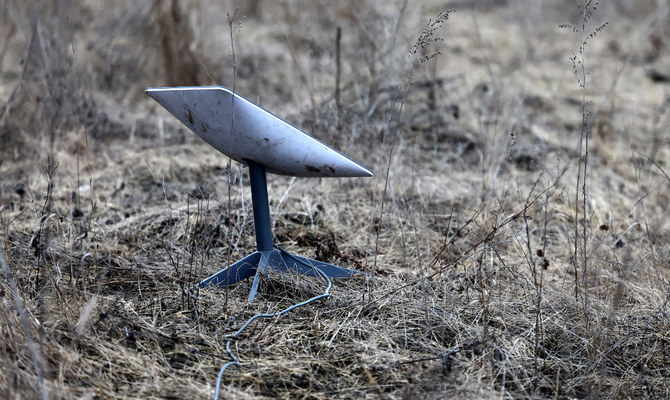In a recent development, the Kremlin has refuted Ukraine’s allegations that Russian troops engaged in frontline operations are utilizing Starlink Internet terminals. Kyiv’s GUR military intelligence agency presented evidence, asserting that these terminals were systematically used by Russian forces, accusing Moscow of smuggling them into the country.
Starlink, owned by Elon Musk’s SpaceX, constitutes a network of satellites in low Earth orbit designed to provide internet connectivity to remote locations or areas with disabled traditional communications infrastructure.
Elon Musk, during a streamed session on X (formerly known as Twitter), criticized US funding to Ukraine, claiming, “My companies have probably done more to undermine Russia than anything.” Musk maintained that SpaceX significantly impacted Russian space launch business and that Starlink has overwhelmingly assisted Ukraine.
Kremlin spokesman Dmitry Peskov dismissed the claims, stating, “It cannot be officially supplied here and is not officially supplied here.” He emphasized that the system is not active in Russia, making it impossible for a device inside Russia to connect.
However, Kyiv alleges that Russian troops are actively using Starlink devices across the frontlines in Ukraine. GUR spokesman Andriy Yusov mentioned that Starlink is freely available in Russia, and its use within the Russian army has become more systematic.
Elon Musk refuted reports that SpaceX sold Starlink terminals to Russia, calling them “categorically false” on his X social media platform. He asserted, “To the best of our knowledge, no Starlinks have been sold directly or indirectly to Russia.”
Yusov acknowledged that Kyiv understands Starlink is not officially sold to Russia, claiming that Russia acquires them through “parallel imports, which is essentially smuggling.” Moscow, facing Western sanctions, has established networks of traders and intermediaries in third countries to obtain banned goods and products no longer available inside Russia.
This is not the first clash between Kyiv and Musk over Starlink. Last year, Musk rejected a request to activate the network in the Crimean city of Sevastopol to support a Ukrainian attack on Russia’s naval fleet, citing concerns about being complicit in a major act of war. Additionally, Musk had previously mentioned that his company could not indefinitely fund the service in Ukraine, but later agreed to maintain the connections.


